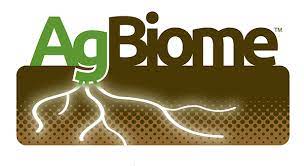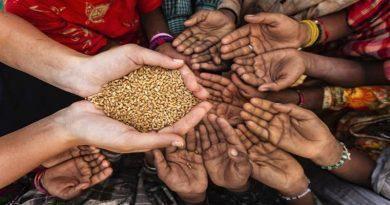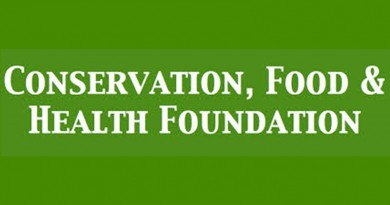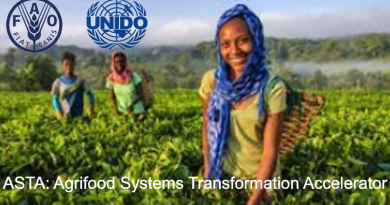AgBiome receives Bill and Melinda Gates Grant to develop crop protection solutions for farmers in Sub-Saharan Africa
AgBiome, a company that develops innovative products from the Earth’s microbial communities, has announced the Bill & Melinda Gates Foundation has continued their granted support, funding phase 2 research aimed to develop novel, efficacious, safe and low cost of production microbial pesticides (fungal control and nematicide) for smallholder farmers in sub-Saharan African countries.
AgBiome’s research is focused on developing biological pest control solutions for the following crops: maize, sorghum, banana and yam.
The overarching goal of this project is to leverage AgBiome’s scientific expertise, infrastructure, and previous success developing biological fungicides to develop microbial solutions that will benefit small-holder farmers in African countries.
In Africa, there are an estimated 33 million smallholder farms that contribute up to 70 percent of the food supply. With greater investment in innovative, sustainable smallholder agriculture practices, many countries have the potential to increase food production and reduce poverty. Replacing synthetic pesticides with biological alternatives protects the health of the farmers and reduces negative impact on the environment.
“AgBiome is proud of the outstanding scientific work our team has accomplished during the initial phase of this project. We’re pleased to have the continued support of the Bill & Melinda Gates Foundation to reach our goal of providing effective crop protection solutions to farmers in Africa,” said Rodrigo Sarria, Head of Research & Chief Science Officer at AgBiome.
AgBiome has successfully achieved milestones in phase 1 of this project, including:
- Successfully developing microbial screening assays against the target diseases (Sorghum Anthracnose, Banana Black Sigatoka and Aflatoxin contamination in maize, root-knot nematode in yams)
- Identification of 100 microbial strains with confirmed activity against one or more of the target fungal diseases and 25 strains prioritized for further evaluation.
- Identification of 20 nematicidal bacterial strains able to control the root knot nematodes (RKN) on-plant and three lead strains prioritized for further evaluation.
In phase 2 of this research, AgBiome will focus on the evaluation of the strains prioritized in the phase 1 of the project under appropriate field conditions and select microbes with the best efficacy.
“Upon completion of phase 2, AgBiome will provide production-ready lead and backup strains with proven efficacy to control a spectrum of fungal diseases and nematodes in the key sub-Saharan African crops,” said Dave Ingham, Pre-product Manager at AgBiome. “Key to achieving the phase 2 objectives is to optimize the strains to ensure their consistency in performance, ensure lower production costs to facilitate the scale up for their production.”




